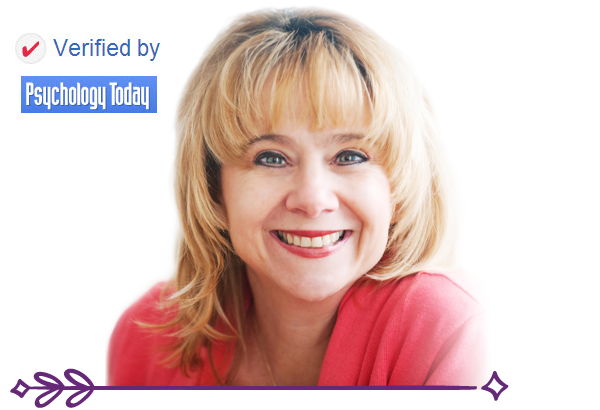Need to develop your coping skills for anxiety? You are not alone. Anxiety is one of the most common mental disorders affecting people today. Almost 18.1% of adults in the U.S. experienced some form of anxiety disorder – post-traumatic stress disorder, obsessive-compulsive disorder and specific phobias –last year.
If left unaddressed, anxiety can take a toll on all areas of a person’s life. So, the question is: is there a way to alleviate anxiety? Given below are effective strategies:
Relaxation techniques
Whenever you are anxious, practice simple relaxation techniques. In other words, focus on your breathing patterns to manage your anxiety. Changing your breathing can have a positive impact on your physical and mental wellbeing.
In order to do this, breathe in through your nose, and hold the air in for several seconds. Thereafter, let the air out, slowly. Make sure you exhale as much air as possible. Keep doing this until you begin to feel calm.
Alongside deep breathing, you need to do some relaxation exercises. Simply lie on your back and tighten your toe muscles for a few seconds. Do the same for other parts of your body – ankles and feet – until you feel better.
Music
Music has immense healing power. It can help you relax and unwind, especially after a stressful day. In fact, many counselors use neurologic music therapy to help their clients deal with anxiety.
Meditation
Meditation is an effective strategy to improve your ability to cope with anxiety. Meditation requires you to concentrate on your breathing and bodily sensations. It is a great tool to distract your anxious mind and focus on the present.
Lifestyle changes
One of the best ways to lessen anxiety is to make lifestyle changes. You do not need to make drastic lifestyle changes. Start with minor, simple changes.
Make a commitment to exercise regularly. Eat a balanced diet. Sleep for at least six hours. Take time out to do the things you enjoy. Make sure to stick to these lifestyle changes. Moreover, simplify your life. Plan your day’s schedule first thing in the morning to manage your time more efficiently.
Professional therapy
Consider getting professional help if you continue to experience severe anxiety, despite implementing the abovementioned measures.
A professional therapist has the expertise to diagnose, as well as suggest techniques, to cope with your anxiety. He or she uses a variety of result-oriented techniques, such as cognitive behavioral therapy, for anxiety.
If you think you need help dealing with anxiety, contact me.


